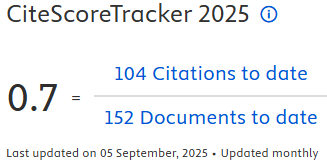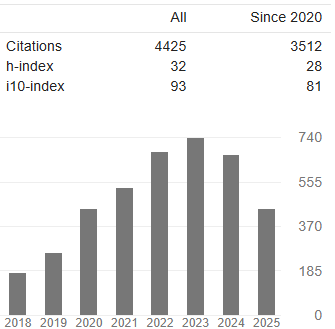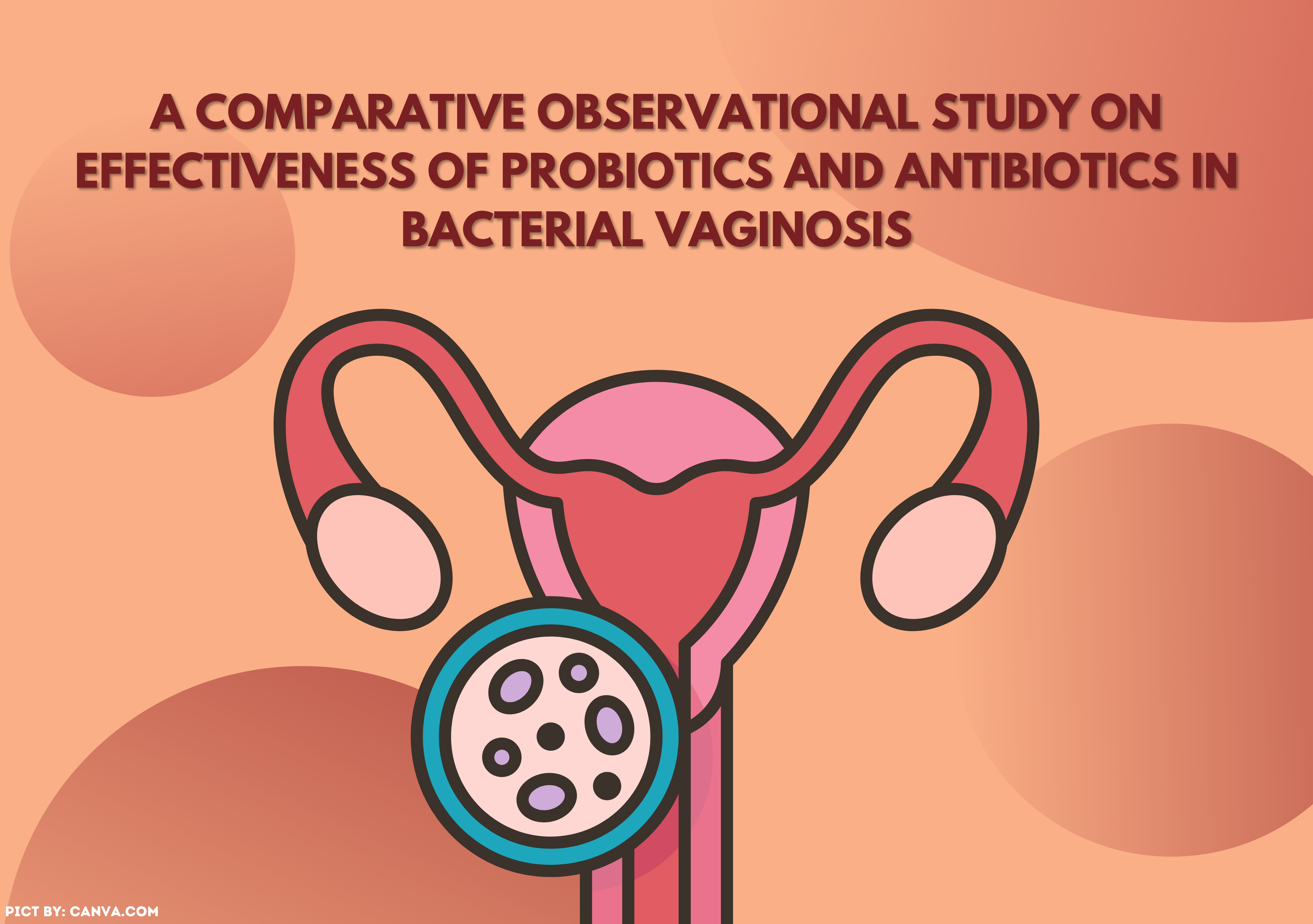LEADERSHIP STYLE INFLUENCE ON NURSES' BURNOUT: A SYSTEMATIC REVIEW

Introduction: We intend to evaluate the current literature, published from 2019 to 2022 and study the types of leadership styles and how they affected nurse burnout. Aims: the research was to systematically review the influence of leadership style on nurse burnout. Methods A systematic literature search was conducted through an electronic search in three databases and was guided by the Preferred Reporting Items for Systematic Reviews and Meta-Analyses (PRISMA) with some inclusion criteria compiled by the research objective. Results A total of 15 selected articles show that leadership styles affected nurse burnout both directly and indirectly. This systematic review shows that some leadership styles had an influence on increasing nurse burnout, as well as affecting their job satisfaction, psychological distress and their intention to leave. Some other leadership styles also influenced reducing nurse burnout and increasing their work engagement. Conclusions Due to the variety of leadership styles studied in the articles, it's hard to draw specific conclusions. However, this systematic review shows most of the articles stated that some specific leadership styles took part in increasing nurse burnout, and some other leadership styles were able to reduce nurse burnout in particular.
Amin, H., Ahmed, F. and Soomro, R. H. (2019) ‘Servant Leadership Improves the Knowledge Sharing Behavior of Employees: A Case of Higher Education Sector in Pakistan', Etikonomi, 18(1), pp. 83–92. https://doi.org/10.15408/etk.v18i1.6190
Andarini, E., Supriyanto, S. and Kusumaningrum, T. (2018) ‘Prevalence of Burnout Syndrome in Nursing : A Systematic Review'..
Ángeles López-Cabarcos, M., López-Carballeira, A. and Ferro-Soto, C. (2021) ‘How to moderate emotional exhaustion among public healthcare professionals?', European Research on Management and Business Economics, 27(2). https://doi.org/10.1016/j.iedeen.2020.100140
Boamah, S. A. (2022) ‘The impact of transformational leadership on nurse faculty satisfaction and burnout during the COVID-19 pandemic: A moderated mediated analysis', Journal of Advanced Nursing, (September 2021), pp. 1–12. https://doi.org/10.1111/jan.15198
Boamah, S. A., Read, E. A. and Laschinger, H. K. S. (2017) ‘Factors influencing new graduate nurse burnout development, job satisfaction and patient care quality: a time-lagged study', Journal of Advanced Nursing, 73(5), pp. 1182–1195. https://doi.org/10.1111/jan.13215
Bosak, J. et al. (2021) ‘Examining the role of transformational leadership and mission valence on burnout among hospital staff', Journal of Organizational Effectiveness, 8(2), pp. 208–227. https://doi.org/10.1108/JOEPP-08-2020-0151
Canavesi, A. and Minelli, E. (2021) ‘Servant Leadership: a Systematic Literature Review and Network Analysis', Employee Responsibilities and Rights Journal, 34, pp.267-289. https://doi.org/10.1007/s10672-021-09381-3
Dahri, A. S. et al. (2018) ‘Nurses' Job Satisfaction is Burned out by their Leaders and Stress',, Journal of Managerial Sciences, XIII(2).
Dall'Ora, C. et al. (2020) ‘Burnout in nursing: A theoretical review', Human Resources for Health, 18(1), pp. 1–17. https://doi.org/10.1186/s12960-020-00469-9
Gemeda, H. K. and Lee, J. (2020) ‘Leadership styles, work engagement and outcomes among information and communications technology professionals: A cross-national study', Heliyon, 6(4), p. e03699. https://doi.org/10.1016/j.heliyon.2020.e03699
Genç, E. (2020) ‘The effects of ethical leadership perceptions and personal characteristics on professional burnout levels of teachers', Upravlenets, 11(5), pp. 70–80. https://doi.org/10.29141/2218-5003-2020-11-5-6
Kelly, R. J. and Hearld, L. R. (2020) ‘Burnout and Leadership Style in Behavioral Health Care: a Literature Review', Journal of Behavioral Health Services and Research, 47(4), pp. 581–600. https://doi.org/10.1007/s11414-019-09679-z
Khajeh, E. H. Al (2018) ‘Impacts of Leadership Styles on Organizational Performance', Journal of Human Resources Management Research, 2018(687849), pp. 1–10. https://doi.org/10.5171/2018.687849
Khan, H. et al. (2020) ‘Impact of transformational leadership on work performance, burnout and social loafing: a mediation model', Future Business Journal, 6(1), pp. 1–13. https://doi.org/10.1186/s43093-020-00043-8
King, A. T., Gontarz, J. A. and Wei, H. (2020) ‘Employee engagement and absenteeism: A step towards improving patient care', Nursing Forum, 55(3), pp. 356–361. https://doi.org/10.1111/nuf.12435
Laschinger, H. K. S. and Read, E. A. (2016) ‘The Effect of Authentic Leadership, Person-Job Fit, and Civility Norms on New Graduate Nurses' Experiences of Coworker Incivility and Burnout', Journal of Nursing Administration, 46(11), pp. 574–580. https://doi.org/10.1097/NNA.0000000000000407
Laschinger, S. H. K. and Fida, R. (2014) ‘New nurses burnout and workplace wellbeing: The influence of authentic leadership and psychological capital', Burnout Research, 1(1), pp. 19–28. https://doi.org/10.1016/j.burn.2014.03.002
Law of The Republic of Indonesia (2014) ‘Undang-undang RI No. 38 Tahun 2014 tentang Keperawatan', Tentang Keperawatan.
Lee, H. F., Chiang, H. Y. and Kuo, H. T. (2019) ‘Relationship between authentic leadership and nurses' intent to leave: The mediating role of work environment and burnout', Journal of Nursing Management, 27(1), pp. 52–65. https://doi.org/10.1111/jonm.12648
Lewis, H. S. and Cunningham, C. J. L. (2016) ‘Linking nurse leadership and work characteristics to nurse burnout and engagement', Nursing Research, 65(1), pp. 13–23. https://doi.org/10.1097/NNR.0000000000000130
Lyu, D. et al. (2019) ‘Abusive supervision and turnover intention: Mediating effects of psychological empowerment of nurses', International Journal of Nursing Sciences, 6(2), pp. 198–203. https://doi.org/10.1016/j.ijnss.2018.12.005
Ma, Y. et al. (2021) ‘Curbing nurses' burnout during COVID-19: The roles of servant leadership and psychological safety', Journal of Nursing Management, 29(8), pp. 2383–2391. https://doi.org/10.1111/jonm.13414
Majeed, M. and Fatima, T. (2020) ‘Impact of exploitative leadership on psychological distress: A study of nurses', Journal of Nursing Management, 28(7), pp. 1713–1724. https://doi.org/10.1111/jonm.13127
Maslach, C. and Leiter, M. P. (2016) ‘Understanding the burnout experience: Recent research and its implications for psychiatry', World Psychiatry, 15(2), pp. 103–111. https://doi.org/10.1002/wps.20311
McKenna, J. and Jeske, D. (2021) ‘Ethical leadership and decision authority effects on nurses' engagement, exhaustion, and turnover intention', Journal of Advanced Nursing, 77(1), pp. 198–206. https://doi.org/10.1111/jan.14591.
Morkeviciute, M. and Endriulaitiene, A. (2016) ‘The Relationship Between Occupational Burnout and Perceived Ethical Leadership Style', pp. 362–369. https://doi.org/10.15405/epsbs.2016.07.02.35.
Nelson, K. et al. (2014) ‘Authentic leadership and psychological well-being at work of nurses: The mediating role of work climate at the individual level of analysis', Burnout Research, 1(2), pp. 90–101. https://doi.org/10.1016/j.burn.2014.08.001
Ness, M. M. et al. (2021) ‘Leadership, professional quality of life and moral distress during COVID-19: A mixed-methods approach', Journal of Nursing Management, 29(8), pp. 2412–2422.
https://doi.org/10.1111/jonm.13421
Niinihuhta, M. and Häggman-Laitila, A. (2022) ‘A systematic review of the relationships between nurse leaders' leadership styles and nurses' work-related well-being', International Journal of Nursing Practice, (October 2021), pp. 1–22. https://doi.org/10.1111/ijn.13040
Peter, K. A. et al. (2020) ‘Investigating work-related stress among health professionals at different hierarchical levels: A cross-sectional study', Nursing Open, 7(4), pp. 969–979. https://doi.org/10.1002/nop2.469
Ramdan, I. . M. and Fadly, O. N. (2017) ‘Analisis Faktor yang Berhubungan dengan Burnout pada Perawat Kesehatan Jiwa', Jurnal Keperawatan Padjadjaran, 4(2). https://doi.org/10.24198/jkp.v4i2.240
Rantika, S. D. and Yustina, A. I. (2017) ‘Effects of Ethical Leadership on Employee Well-Being ', Journal of Indonesian Economy and Business, 32(2), pp. 121–137. https://doi.org/10.22146/jieb.22333
Saleem, F. et al. (2020) ‘Impact of Servant Leadership on Performance: The Mediating Role of Affective and Cognitive Trust', SAGE Open, 10(1). https://doi.org/10.1177/2158244019900562
Tinambunan, E. M. K. and Tampubolon (2018) ‘Burnout syndrome pada perawat diruangan rawat inap rumah sakit santa elisabeth medan', Jurnal Keperawatan Priority, 1(1), pp. 85–98.
Wei, H. et al. (2020) ‘The Impact of Nurse Leadership Styles on Nurse Burnout:: A Systematic Literature Review', Nurse Leader, 18(5), pp. 439–450. https://doi.org/10.1016/j.mnl.2020.04.002
World Health Organization (2019) ‘Burn-out an "occupational phenomenon”: International Classification of Diseases', International Classification of Disease, (May 2019), p. 2020. Available at: https://www.who.int/mental_health/evidence/burn-out/en/
Wu, X. et al. (2020) ‘Positive spiritual climate supports transformational leadership as means to reduce nursing burnout and intent to leave', Journal of Nursing Management, 28(4), pp. 804–813. https://doi.org/10.1111/jonm.12994
Zappalí , S. and Toscano, F. (2020) ‘The Ethical Leadership Scale (ELS): Italian adaptation and exploration of the nomological network in a health care setting', Journal of Nursing Management, (October 2019), pp. 634–642. https://doi.org/10.1111/jonm.12967
Copyright (c) 2023 The Indonesian Journal of Public Health

This work is licensed under a Creative Commons Attribution-NonCommercial-ShareAlike 4.0 International License.
- The authors agree to transfer the transfer copyright of the article to The Indonesian Journal of Public Health effective if and when the paper is accepted for publication.
- Authors and other parties are bound to the Creative Commons Attribution-NonCommercial-ShareAlike 4.0 International License for the published articles, legal formal aspect of journal publication accessibility refers to Creative Commons Attribution-NonCommercial-ShareAlike 4.0 International License (CC BY-NC-SA), implies that:
- Attribution ” You must give appropriate credit, provide a link to the license, and indicate if changes were made. You may do so in any reasonable manner, but not in any way that suggests the licensor endorses you or your use.
- NonCommercial ” You may not use the material for commercial purposes.
- ShareAlike ” If you remix, transform, or build upon the material, you must distribute your contributions under the same license as the original.































